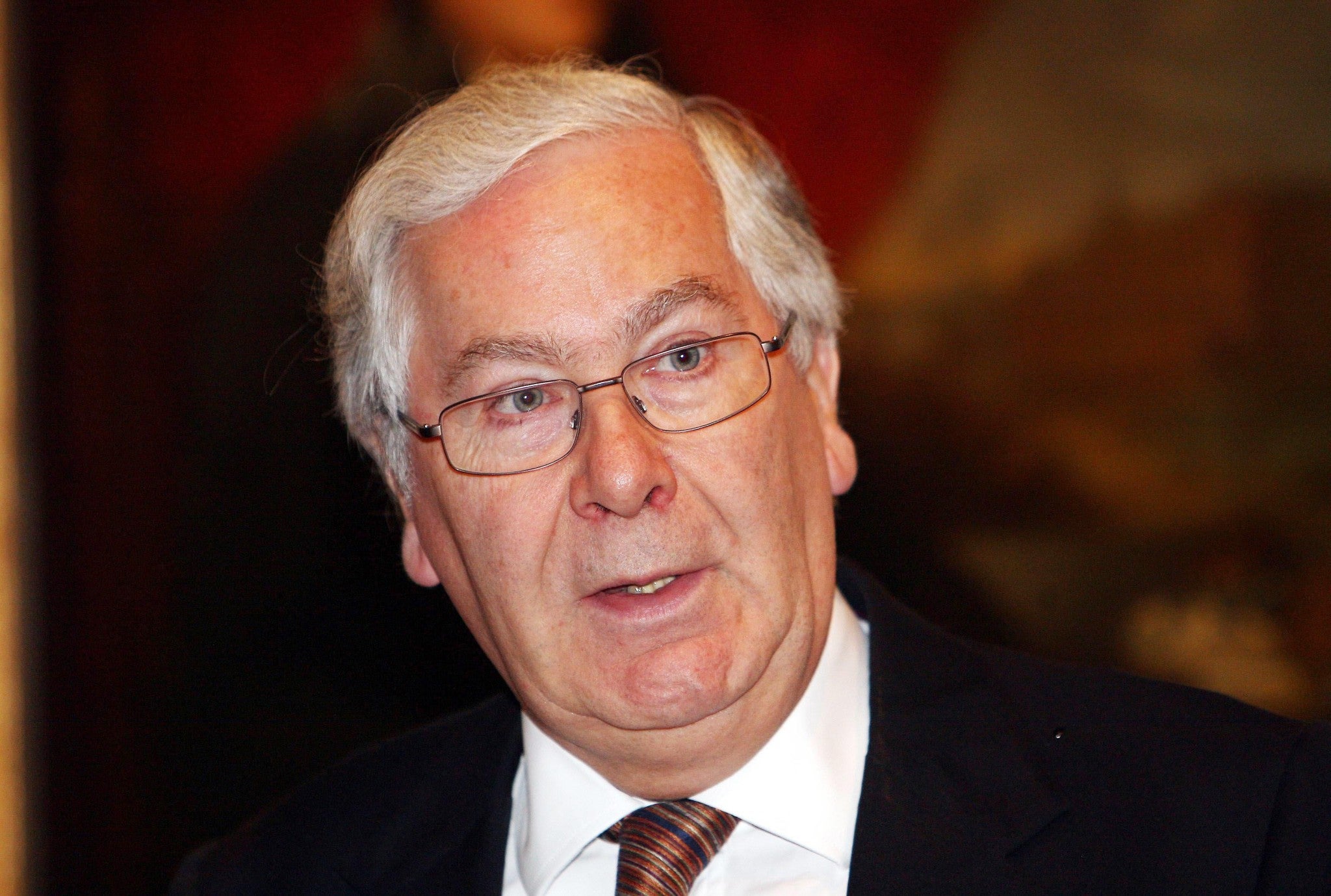The pound has plummeted on international exchanges after a surprise split emerged on the Bank of England’s Monetary Policy Committee (MPC) about whether more stimulus should be injected into the struggling British economy.
The minutes of the February meeting of the MPC showed that three members of the nine- person committee, including the Bank’s Governor, Sir Mervyn King, pictured, voted to print another £25bn to support spending in the economy earlier this month. The six other members of the MPC voted to keep the Government’s £375bn Asset Purchase Facility on hold.
However, the financial markets took the split as an indication that more monetary stimulus will soon be on the way, pushing down the value of sterling. The pound fell sharply against both the US dollar and the single currency after news of the vote was released. Sterling quickly fell 1.5 cents against the American currency and was soon down 1 per cent against the euro.
The Governor was joined by the Bank’s director for financial markets, Paul Fisher, and external appointee David Miles, in voting to take the Bank’s total stimulus spending up to £400bn. It is rare for the Governor to find himself in a minority on MPC votes. This is only the fourth time it has happened since Sir Mervyn, who steps down at the end of June, was made Governor in 2003. The last time there was a similar split on the merits of stimulus was June 2012. More money printing by the Bank followed the next month.
The minutes also contained an unusually frank call for the Treasury to step up its efforts to boost growth.
Despite the split on QE, the committee voted unanimously to keep interest rates at 0.5 per cent. The MPC has indicated it will tolerate inflation coming in above its 2 per cent target in the next two years, arguing that any attempt to bring price rises down sooner would damage growth and push up unemployment.
Subscribe to Independent Premium to bookmark this article
Want to bookmark your favourite articles and stories to read or reference later? Start your Independent Premium subscription today.


Join our commenting forum
Join thought-provoking conversations, follow other Independent readers and see their replies